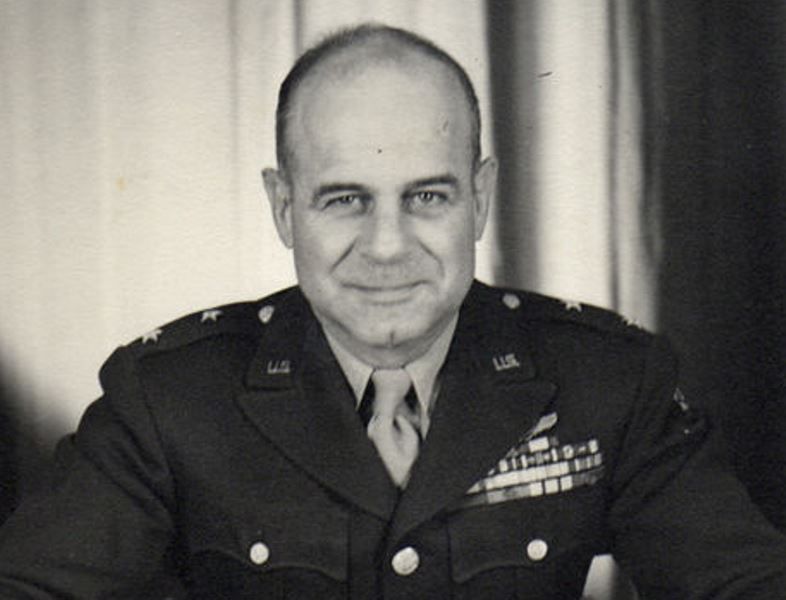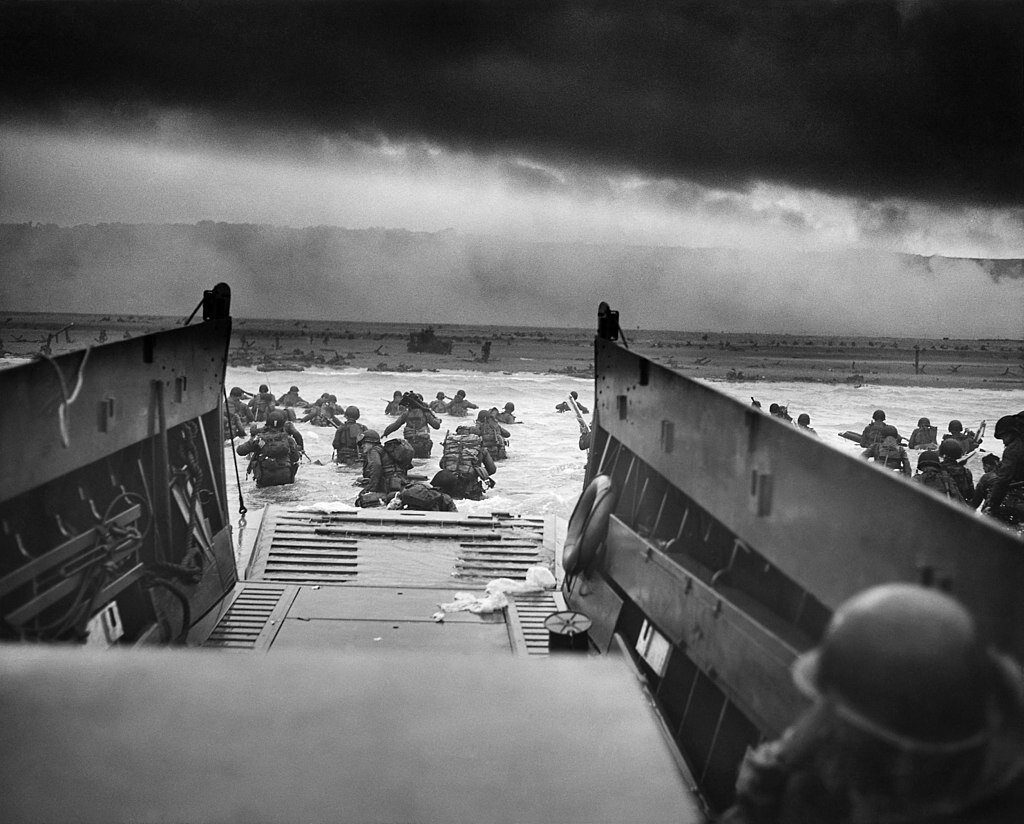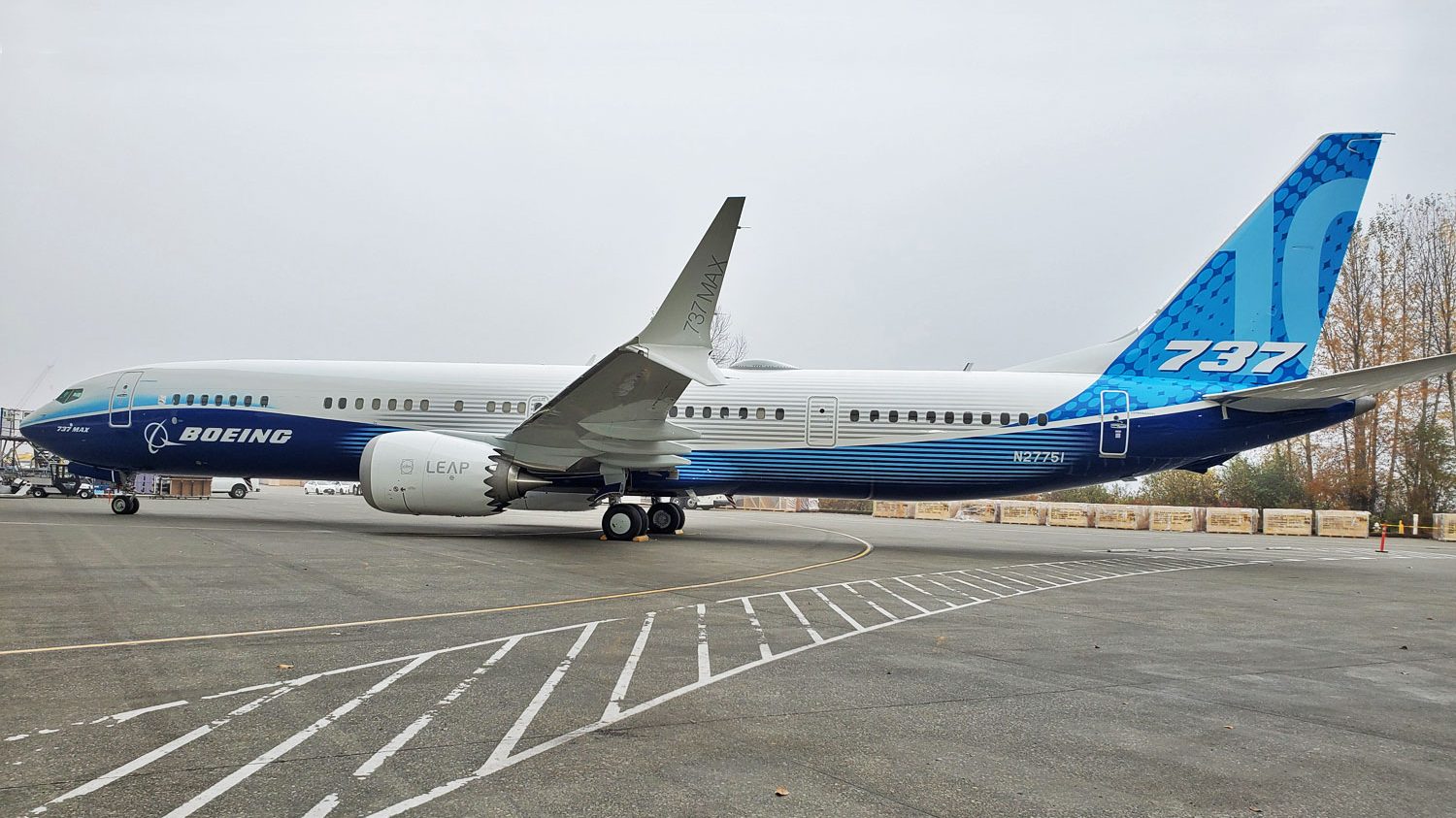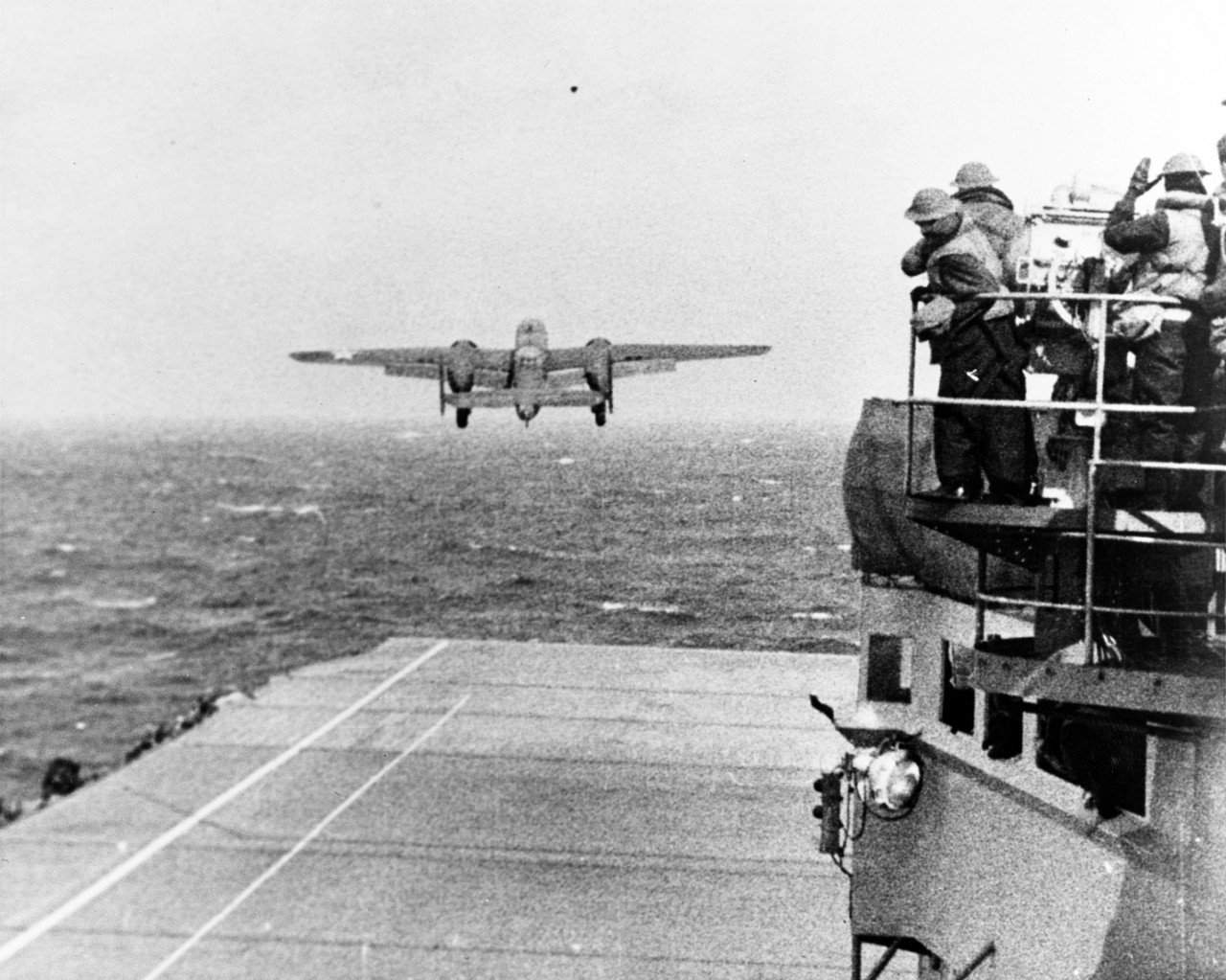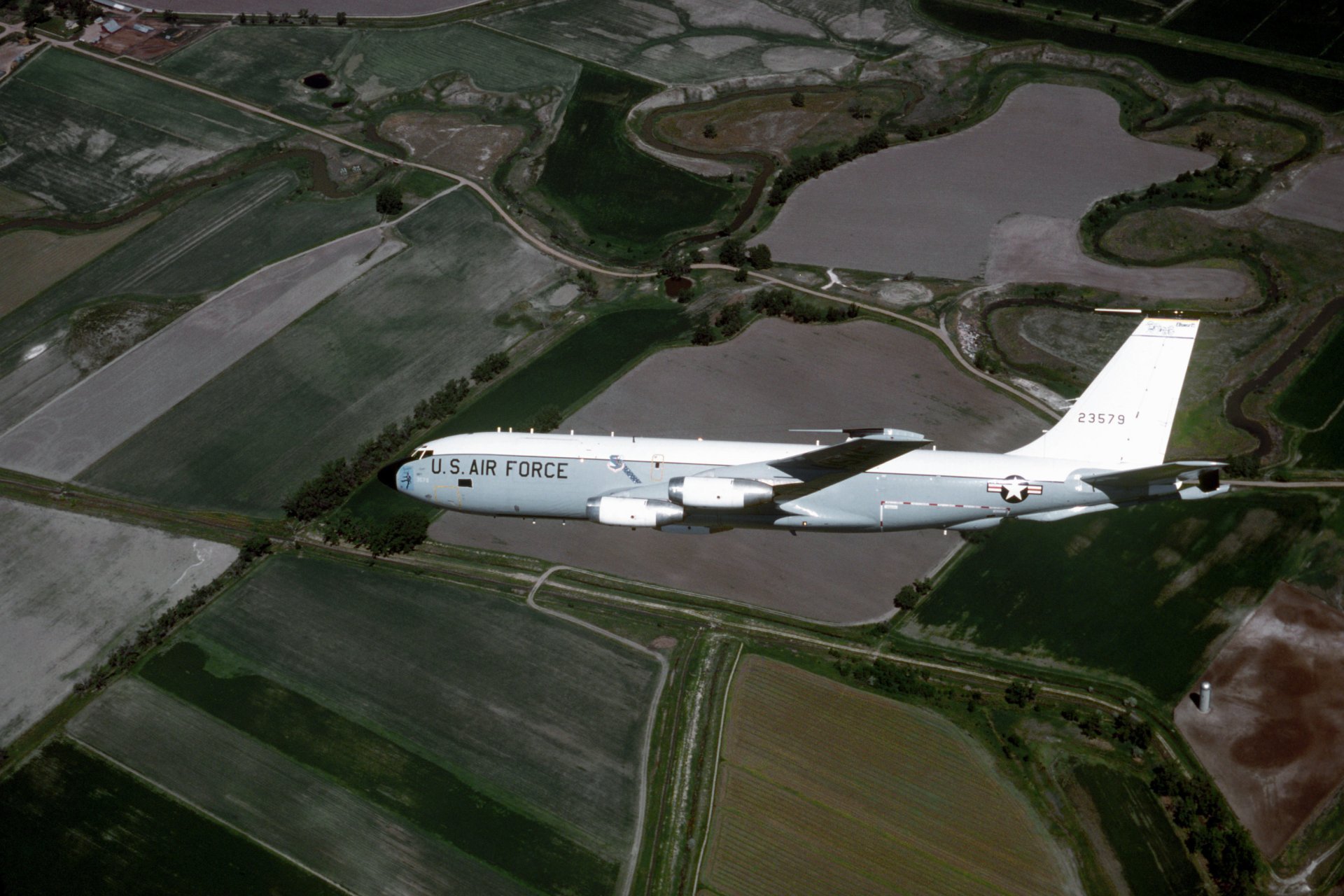James Doolittle
December 14th, 2022
126 years ago today, December 14th, 1896, James Doolittle was born. Doolittle was famous for hundreds of aviation-related feats such as setting several world records for aircraft and entering (and winning) every air race worth entering in the 1920s and '30s. He also lead the Doolittle Raid on Tokyo, Japan on April 14th, 1942 by launching 25 B-25 Mitchell bombers off of the U.S.S. Hornet. After the raid, he was the commander of the 15th Air Force in Italy and then was sent to be the commander of the 8th Air Force in England from January 1944 to V-E Day (Victory in Europe Day). Then the 8th Air Force was transferred to the Pacific theater and he held the position of commander until V-J Day (Victory over Japan Day).
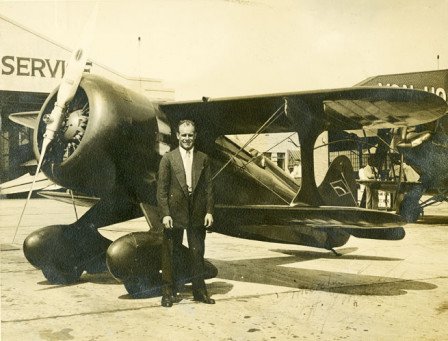
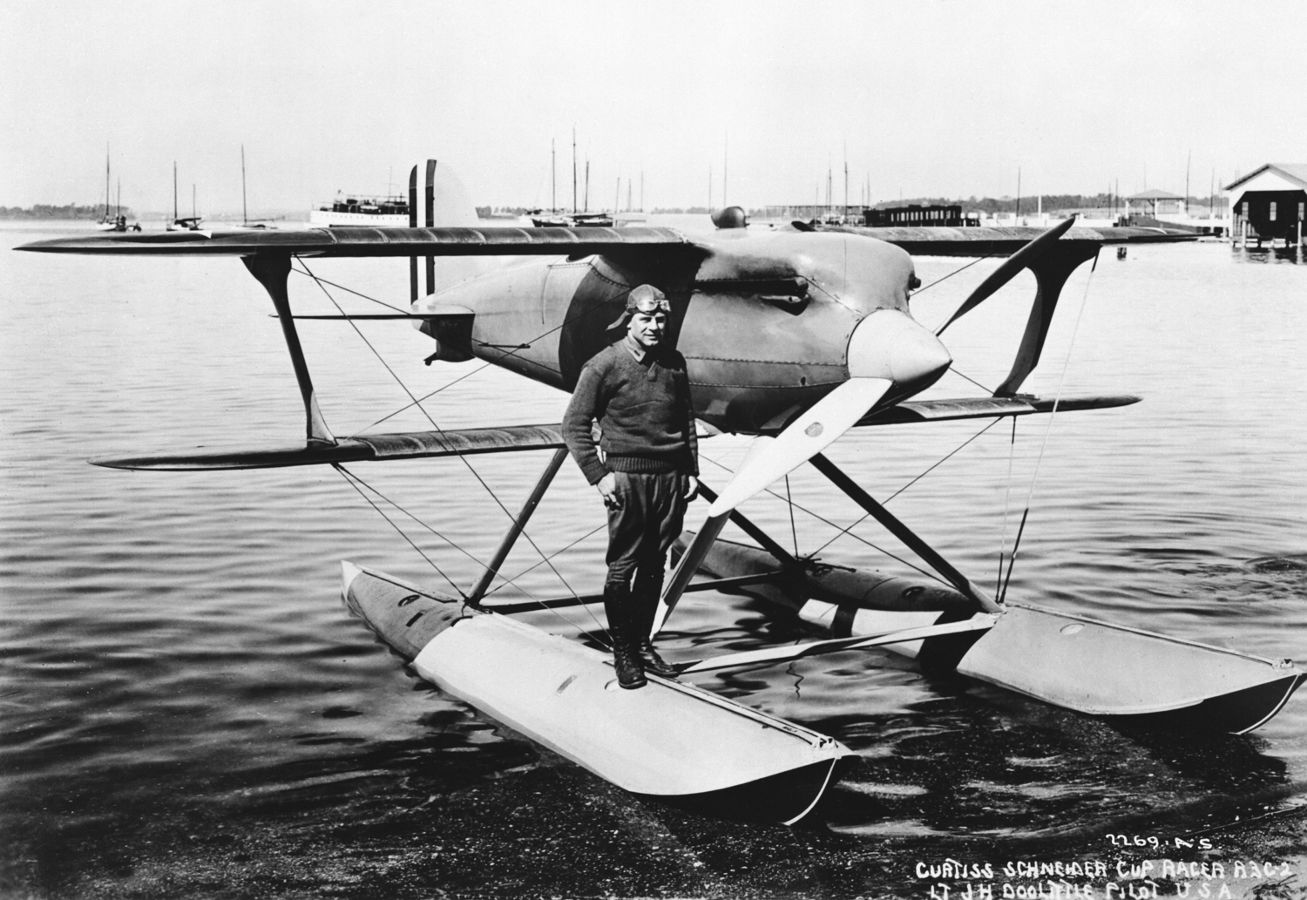
James Doolittle started flying in 1917 and joined the Army Air Service (USAAS, later the Army Air Corps USAAC 1926-1941), which turned into the Army Air Forces (USAAF, 1941-1947), which turned into the U.S. Air Force (USAF, 1947-present) as an attempt to be a pilot on the Western Front in World War I. Although he really wanted to fight, unfortunately for him the The Treaty of Versailles ended his dreams of being a combat pilot, so he left the USAAS and started in the airshow and air race business and entered every air race worth entering, winning every one of them and setting several aviation records.
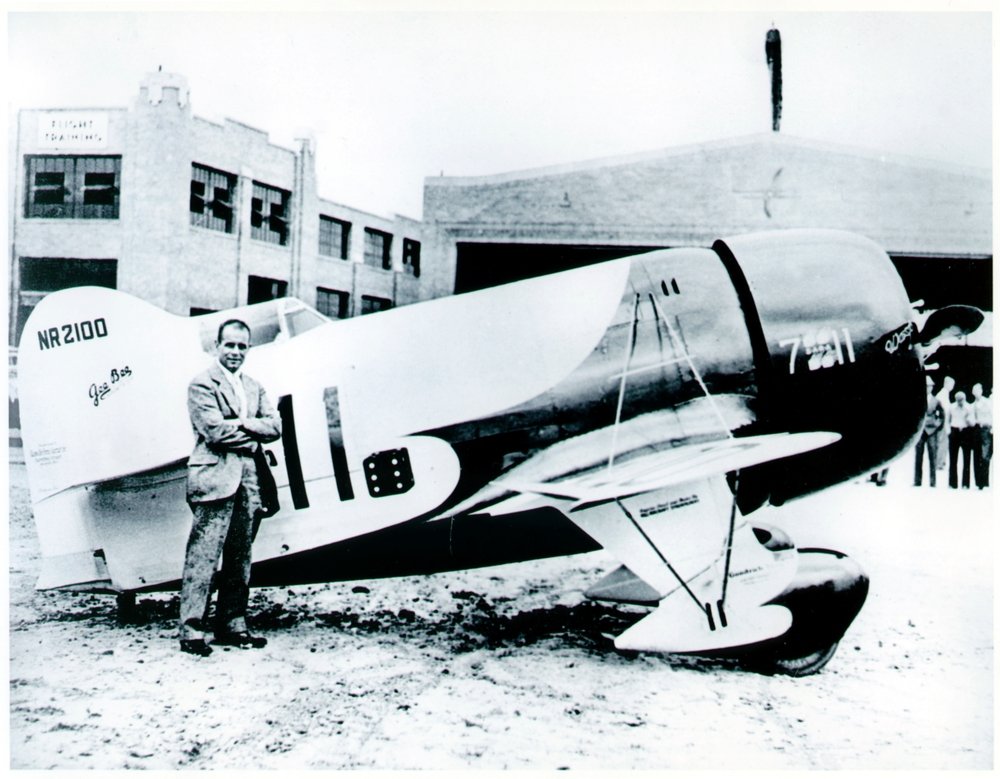
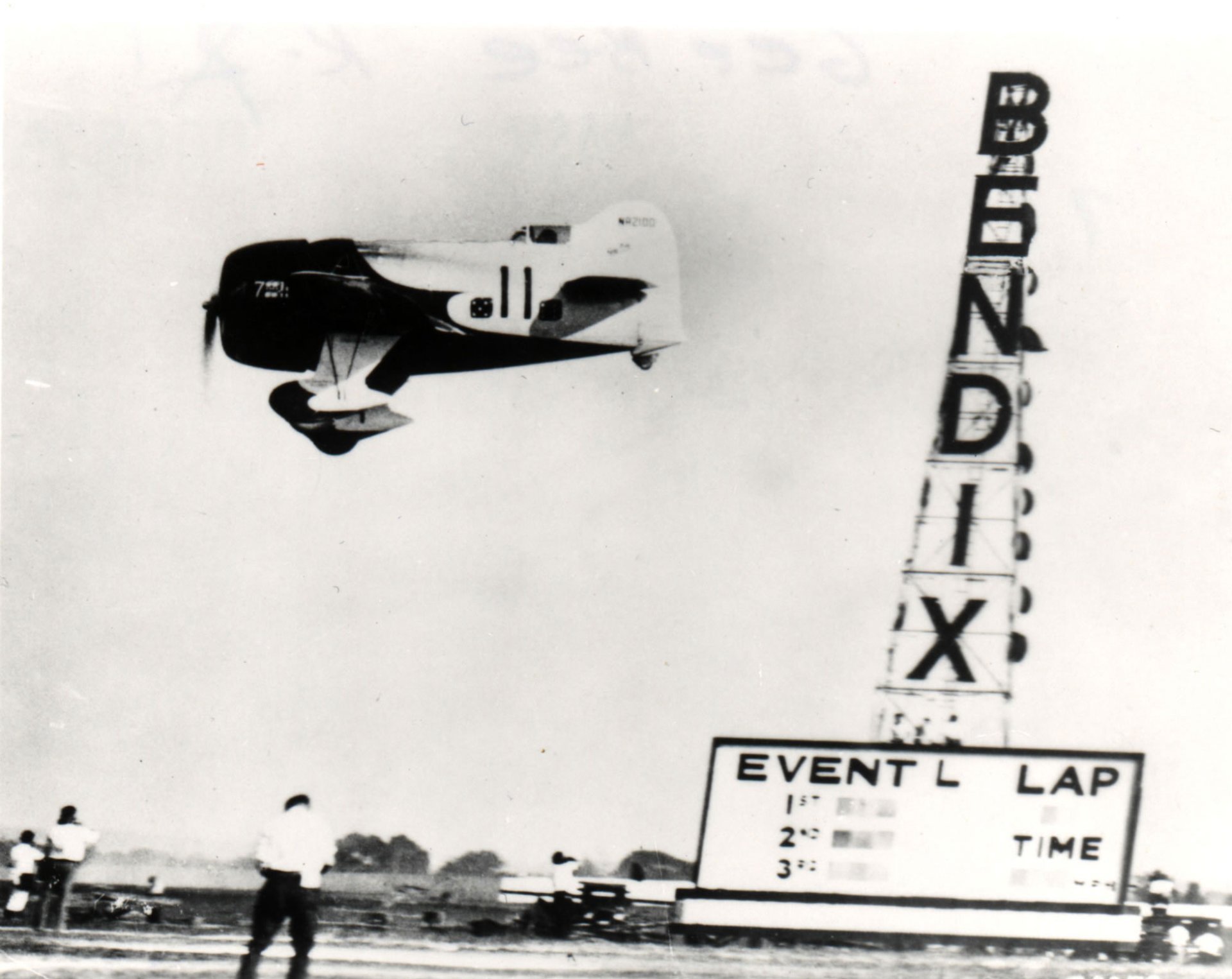
In the late 1920s into the '30s, General Billy Mitchell was the key man supporting separating the Army's aviation and making a military branch that was primarily what he planned the U.S. Air Force to be, except founded ten years earlier. Throughout the ranks of the USAAC he had several generals who supported him such as Generals Doolittle (at the time a Colonel), Eaker, Arnold, and Spaatz.

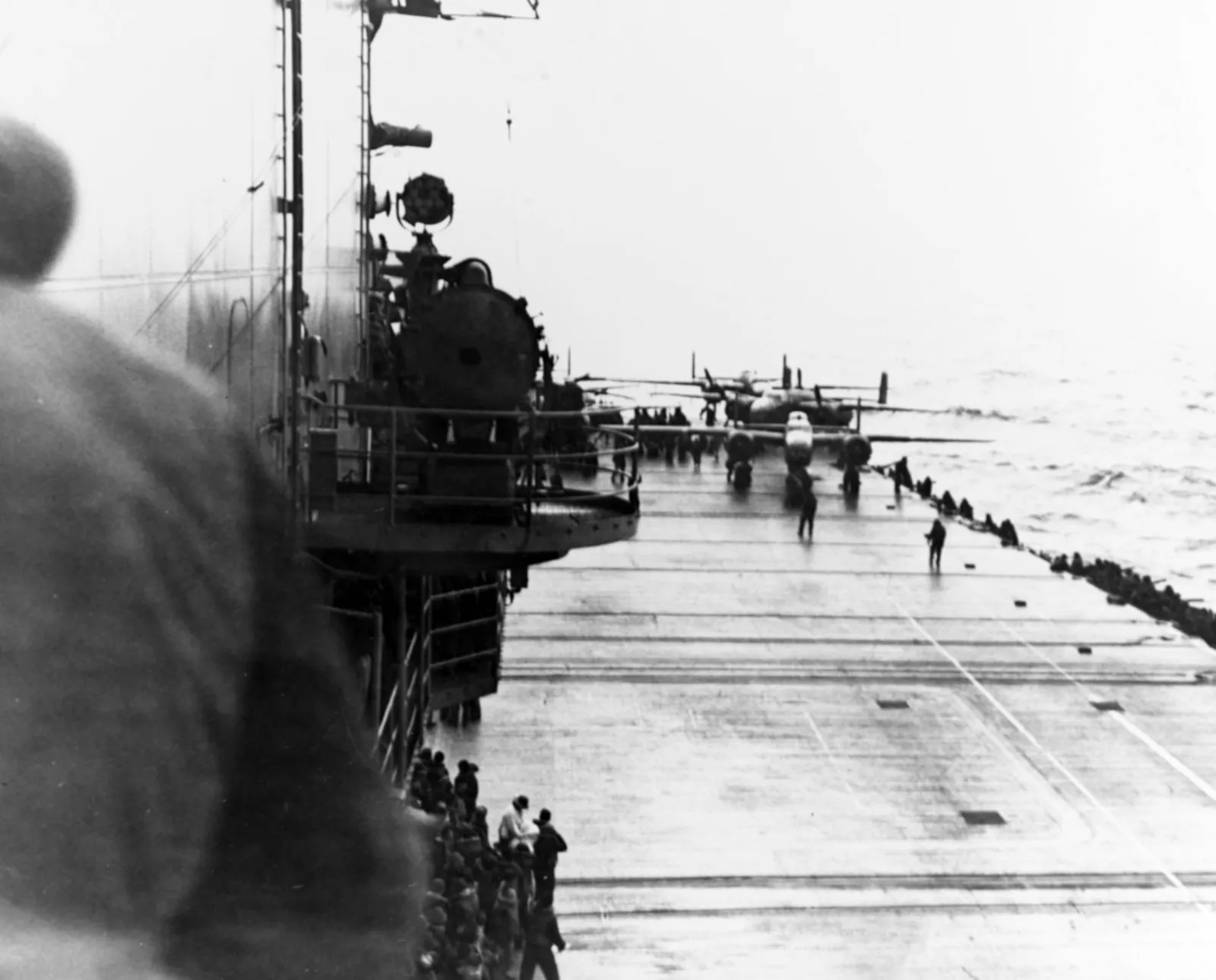
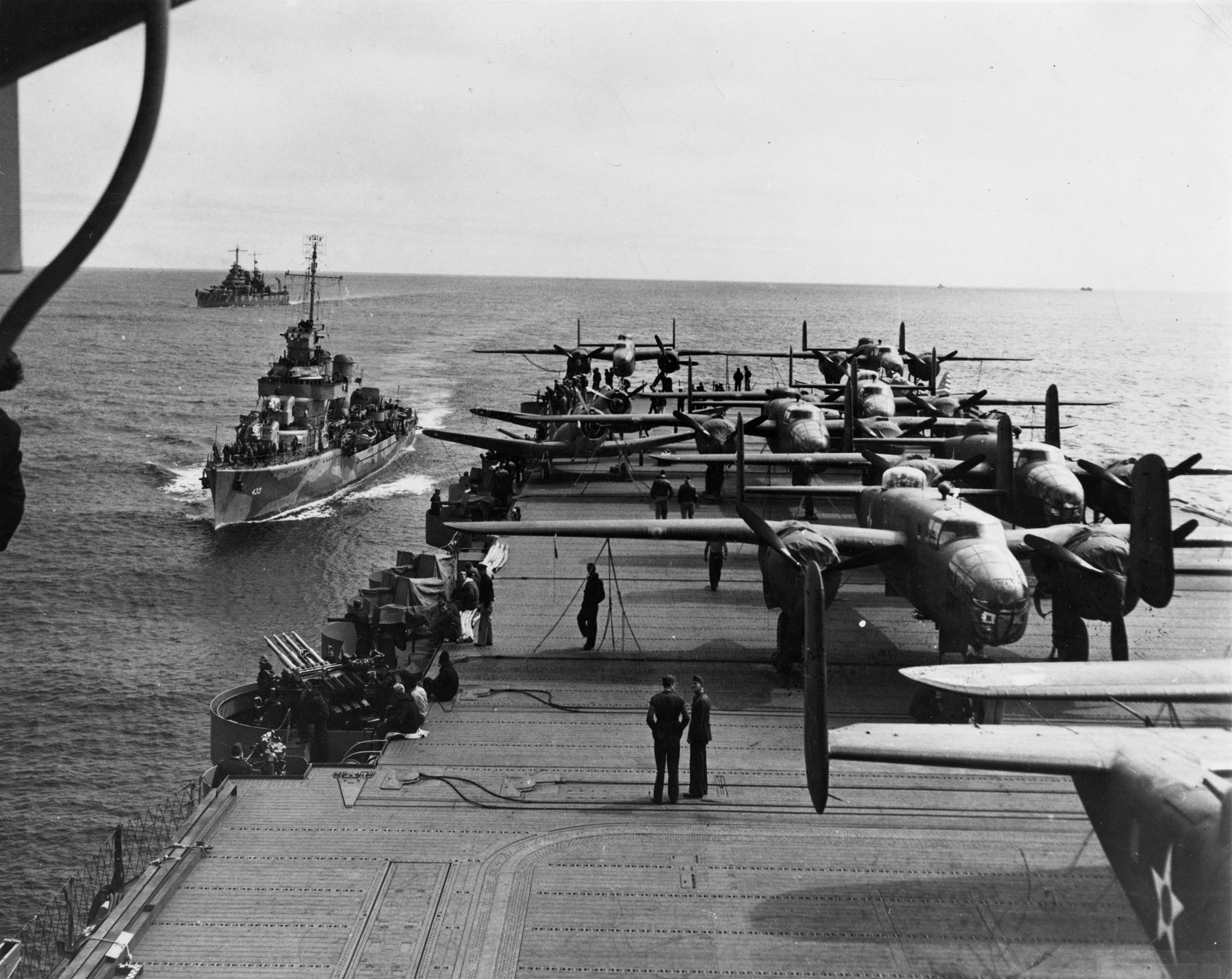
After Pearl Harbor, the US government wanted to get revenge against the Japanese and they agreed to a plan that would have the U.S.S. Hornet carry 25 B-25 Mitchells commanded by General Doolittle to be launched from the carrier and then bomb Tokyo and several other Japanese cities. The raid was very successful all things considered (after all the the expected amount of deaths was estimated to be everybody involved), with only three crew members killed and another three killed by the Japanese after being captured.
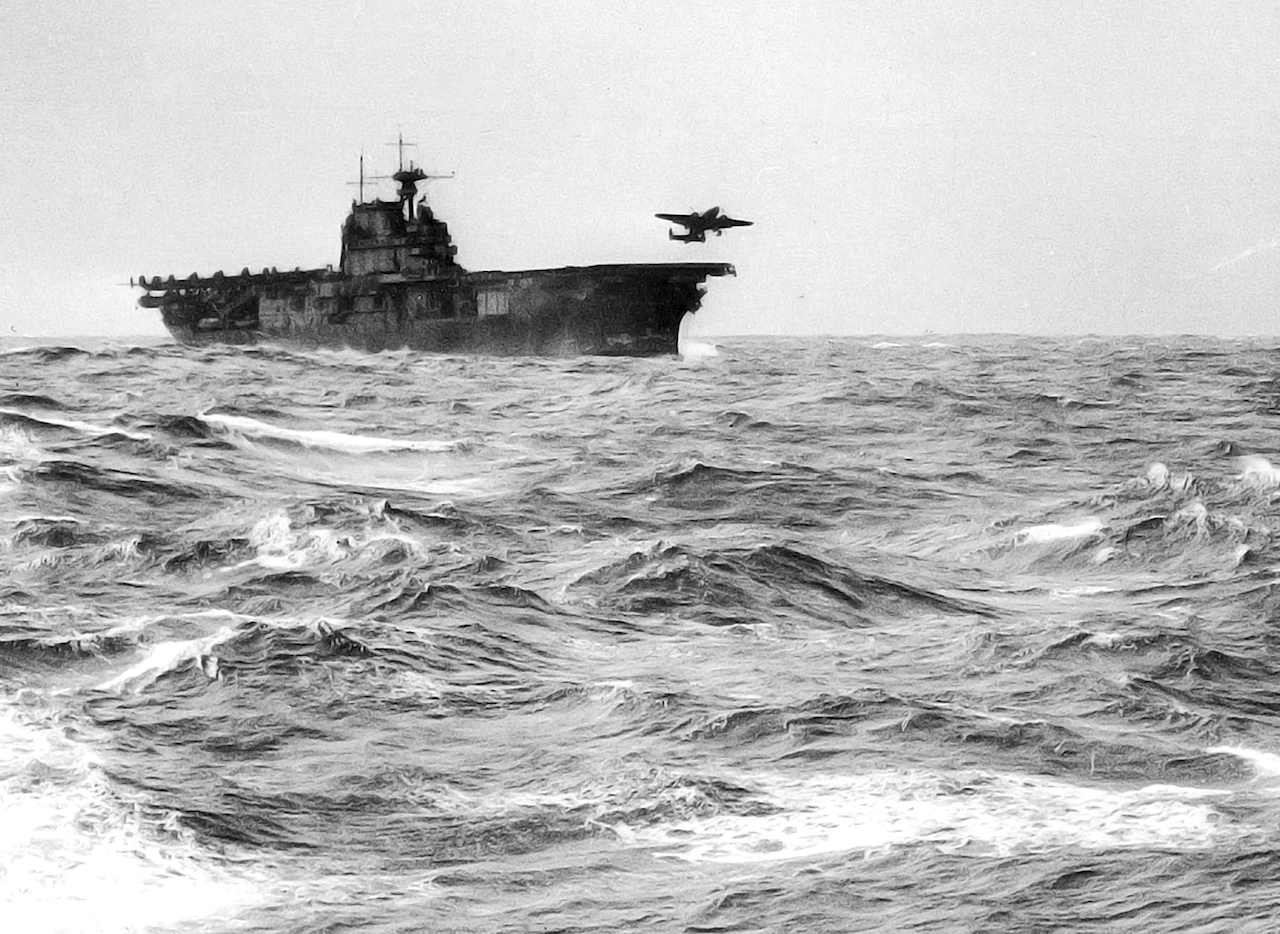

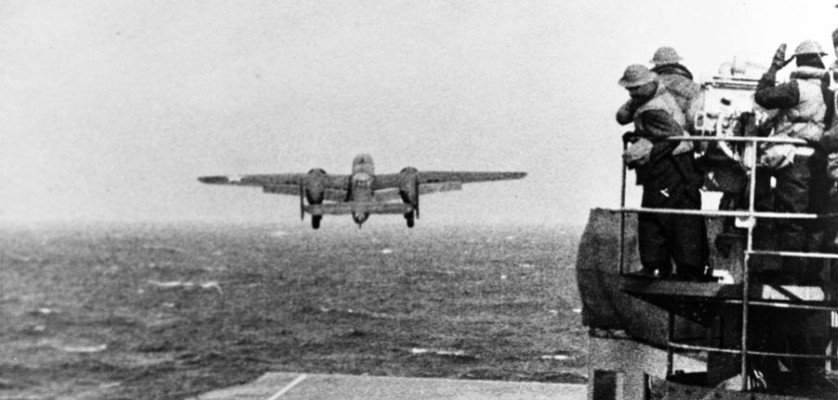
After the raid, Doolittle was awarded the Medal of Honor from President Roosevelt and then was assigned to be commander of the recently founded 15th Air Force. Then about a year later, he was assigned to be the commander of the 8th Air Force, a position that he held until the end of World War II.

